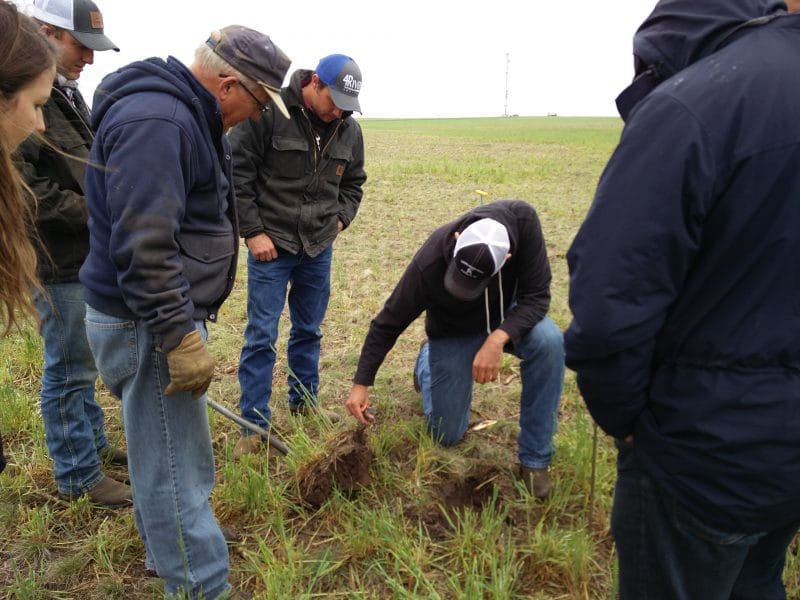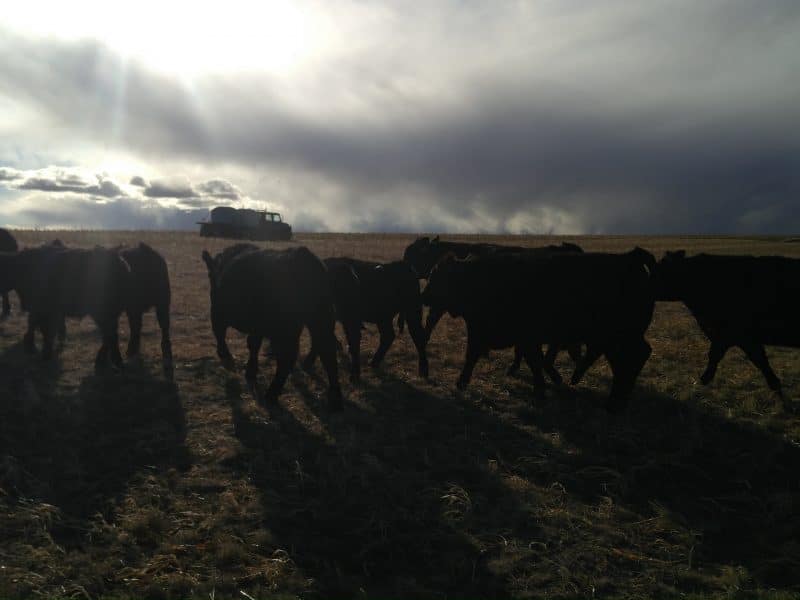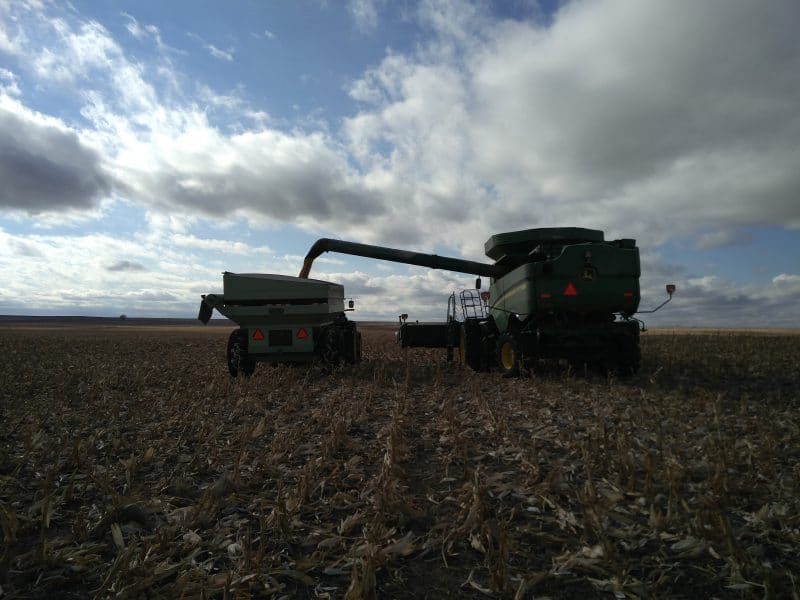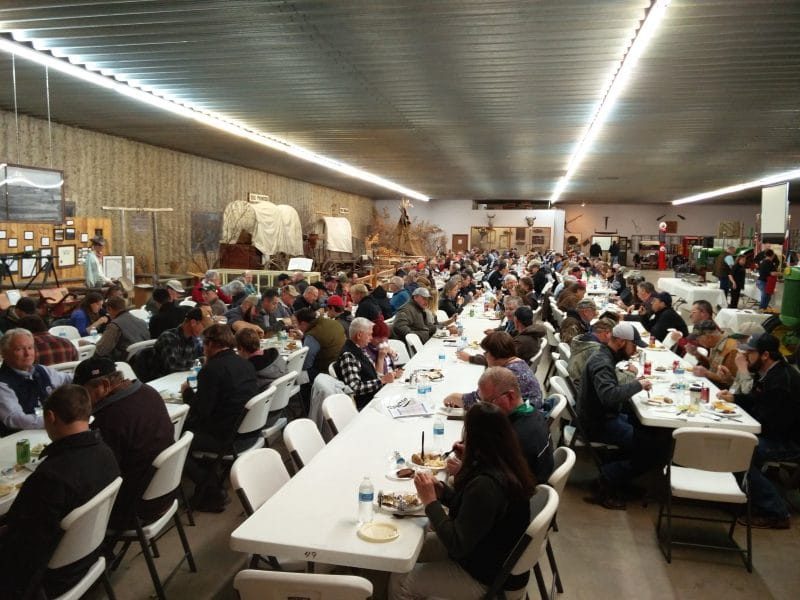
The 1 Hotels Fellowship supports young and early-career businesspeople who seek to make the world a better place through direct and indirect advocacy for change that is good for both the economy and for the environment. Fellowship applicants submit game-changing organizing, research, or communications project ideas that make the business case for smart environmental policies. Project ideas cross the intersection of the economy, the environment, and public policy.
1 Hotels Fellows will work in partnership with the Environmental Entrepreneurs (E2) Emerging Leaders Program to identify pressing environmental issues and needs across the country. Then, they will organize and execute projects that help communicate and amplify the business and economic case for smart policies to address these issues. Fellowships are restricted to early or mid-career professionals who currently work in sustainability, clean energy, water, infrastructure or related fields. Each fellow will receive a stipend of $20,000, plus other benefits.
Lauren Hafford discovered the 1 Hotels Fellowship on ProFellow. As a 1 Hotels Fellow, she is currently working in Eastern Colorado helping conservation farmers become more profitable while also building healthy soil and sequestering carbon. She gave us some great insights into the program and tips for future applicants.
1. What inspired you to apply for the 1 Hotels Fellowship?
There’s a cadre of soil health farmers on the eastern plains of Colorado who are sequestering millions of tons of carbon in the soil using the principles of regenerative agriculture. These farmers are turning their backs on conventional agriculture, fostering diverse ecosystems on their land, and growing healthier food using no irrigation whatsoever. They are adopting conservation practices such as cover crops, no till, and diverse rotations. I was stunned by their vision and inspired to help them achieve their goals.
I’m a mechanical engineer who uses data science to drive decision-making and systems understanding, but I’ve never worked in agriculture, soil science, or policy. A fellowship allows you to break into new disciplines in a way that applying for jobs does not – it’s more exploratory in nature. E2 is interested in developing young professionals to excel in the intersection of environment, economy, and policy. The project that I had envisioned was a great vehicle for just that development.

2. What project did you pursue on the 1 Hotels Fellowship and how did fellowship help you make progress?
I am supporting farmers innovating in soil health by providing free scientific data analysis, and by organizing peer working groups.
These innovating farmers are experimentalists, risk-tolerant, and always trying something new. They also have very little spare time. If they’ve modified a conservation practice, they might not circle back and calculate that modification’s effect on profitability or soil health indicators. In that case, they rely on immense place-based knowledge and intuition to judge the success of the modification. This fellowship allows me to complement these ways of knowing nature with quantitative data analysis without having to charge a fee for my services.
Peer working groups — we call them Soil Health Roundtables — allow the innovative farmers to discuss challenges, opportunities and share knowledge of new practices tried. One farmer commented, “I want to ask someone what my intercropped clover should look like in June, but there’s no one I can ask. If I ask the neighbor, they’ll just laugh at me – no one’s doing what I’m doing!” This fellowship allows me to organize events so the innovators can benefit from each others’ experiences.
These two approaches — place-based knowledge and quantitative data analysis — can accelerate farmers’ journeys toward a successful soil health management system, which improves soil health while maintaining profitability.
3. What are some of the major benefits of the 1 Hotels Fellowship?
When you’re accepted as a 1Hotels fellow, you become part of a vast network of professionals including E2 members and Natural Resources Defense Council staff. Fellows were paired with an E2 member and an NRDC subject matter expert to mentor us as well as a local E2 Advocate for project oversight. Informally, our cohort met quarterly and we were able to help each other manage workloads and get connected to new people. There was so much opportunity for connecting and finding support that I couldn’t even take advantage of it all. The projects are individual projects, but I felt that the right person was always out there if I needed someone’s expertise — I just had to ask for help to find them.

4. How did this fellowship complement your other work?
I work half-time as a product development engineer for a small engineering firm, Zebulon Solutions. We help make products manufacturing-ready. The owner of the firm is very supportive of this work and volunteers his time for the project when he sees ways to contribute.
This fellowship is meant to be done alongside a day job and the stipend is unrestricted. Using the stipend, I’ve been able to hire a data entry assistant who helped me extract the necessary data from the proprietary software, which included thousands of Excel lines by hand for each farmer. I can fund my travel across the state and supply lunch and snacks for the soil health roundtables. I helped a farmer get a chartered bus to connect urban farmers from the Denver Farmer’s Union chapter with large-scale Eastern Plains dryland farmers. I even cost-shared a roll-over protection system for a tractor for one farmer because safety is important to me personally.
The flexibility of the project and the stipend is a real benefit. It allowed me to revise my goals based on what I was learning and afford what I needed to get the most out of my fellowship experience through helping farmers.
5. What will you do next?
This fellowship was the vehicle for a massive grant application effort. During my year, I spent time listening to a dozen farmers discuss challenges and the support needed to increase adoption of conservation practices. I built relationships with the Colorado Conservation Tillage Association. This created a solid foundation so that when the opportunity arose, we knew exactly what we wanted to pitch.
The Colorado Conservation Tillage Association is a 501c5 and was named the National No-Till Innovator in 2019. They work to preserve agricultural soil and water resources for future generations. When the 2018 Farm Bill announced a new grant opportunity to demonstrate successful soil health systems, we teamed up and wrote an application for it. If awarded, it will amplify the work they are doing, as well as the long-term soil health practitioners in this region. It will provide incentive payments for farmers to adopt conservation practices and scale up the peer mentoring and peer working groups in the High Plains of CO, NE, and KS. I will provide the data science for the 3-year project.

6. What advice would you give to someone who is currently considering applying to the 1 Hotels Fellowship?
I think it’s most important to find a project that’s a good fit for this fellowship. It should be compelling and at the intersection of environment, business, and policy. Ideally, it would help further the current goals of E2. If it does not, it should be powerful enough to give them some new goals. The 1 Hotels Fellowship aims to develop young professionals to be more effective and more powerful, take political action, and encourage others to do the same. Give them that opportunity by crafting your project to deliver that.
Lauren Hafford is a mechanical engineer, current Fellow at E2 (Environmental Entrepreneurs), and Fulbright alumna. Her experience includes community-led water quality initiatives in Odisha, India, concentrated solar toilets that made biochar from human feces, and wind turbine production. She uses data science to drive decision-making and systems understanding. She has a bachelor’s degree in Materials Science from the Olin College of Engineering.
Interested in applying? Bookmark the 1 Hotels Fellowship to your ProFellow account.
© Victoria Johnson 2019, all rights reserved.